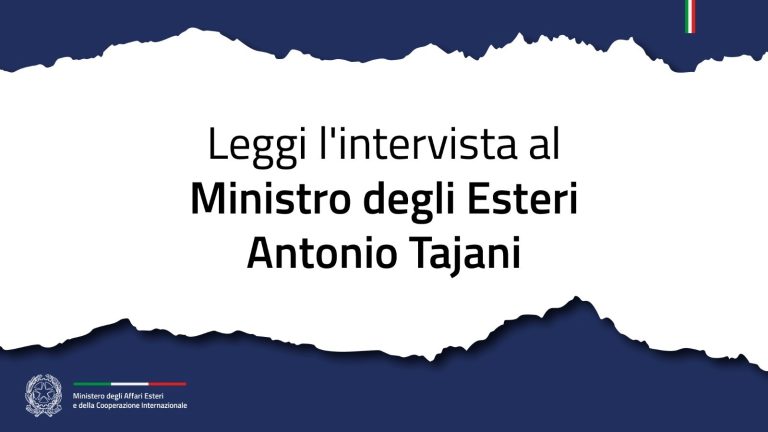During the first hundred days of the new Trump Administration, agriculture has taken centre stage in US international trade policy, with an aggressive strategy to support domestic producers that may reshape the transatlantic agri-food trade balance—potentially impacting Italy.
Among the administration’s early successes is a 56% reduction in egg prices—previously a cause for concern—achieved through enhanced biosecurity measures against avian influenza. At the same time, the Department of Agriculture is streamlining bureaucratic requirements and promoting the production of biofuels.
Internationally, the strategy includes a series of trade missions aimed at boosting US exports. The first notable agreement was reached with the United Kingdom, which will increase imports of American beef and ethanol. In June, during her first visit to an EU Member State, the US Secretary of Agriculture travelled to Italy with the express aim of addressing what Washington deems “numerous arbitrary non-tariff barriers” restricting access to the Italian market for US products.
A particularly sensitive issue is the “Safeguarding American Food and Export Trade Yields” (SAFETY Act), proposed by a bipartisan group. The bill seeks to liberalise the use of so-called “common names” for agricultural products in international marketing—directly challenging the EU’s system of protected geographical indications.
Among the “common names” the US aims to use freely are several historically protected Italian denominations, including: Asiago, Prosciutto, Bologna, Mortadella, Fontina, Grana, Gorgonzola, Pecorino, Ricotta, along with terms such as “Salami” and “Parmesan”. The list also includes traditional wine grape varieties and enological terms protected under EU law.
Compared with earlier attempts to amend the Agricultural Trade Act of 1978, the SAFETY Act stands out for its explicit reference to protected European names and the breadth of the product list. It also calls for the US Executive to proactively engage with international partners to seek recognition of these names.
Meanwhile, technical issues are adding strain to Italy–US relations. The presence of African swine fever in certain regions of Italy has prompted the US Department of Agriculture (USDA-APHIS) to request on-site inspections at six Italian facilities that export heat-treated pork products, despite pre-agreed health certificates and more than three years having passed since the outbreak.
Further complications arise from customs detentions affecting processed products made in Italy using animal ingredients sourced from EU countries where outbreaks of foot-and-mouth disease have been reported—namely Germany, Hungary, Slovakia, and Austria.
The change in US Administration has also led to delays in the biennial audit activities of the Food Safety Inspection Service, now postponed to July–August 2025 due to the “radical turnover in staff across various government agencies”.
The new US direction also presents contradictory elements for Italy. On one hand, the “Make America Healthy Again” initiative—launched in collaboration with the Department of Health—promotes healthy diets and active lifestyles. This policy, which has already led to the voluntary removal of artificial colouring from school meals, could offer new opportunities for promoting Italian cuisine and the Mediterranean diet. On the other hand, the rise in non-tariff barriers and the ongoing reassessment of trade tariffs risk making the US market “more selective and burdensome” for Italian exporters. Additionally, the current political climate appears more favourable to the adoption of legislation such as the SAFETY Act.






